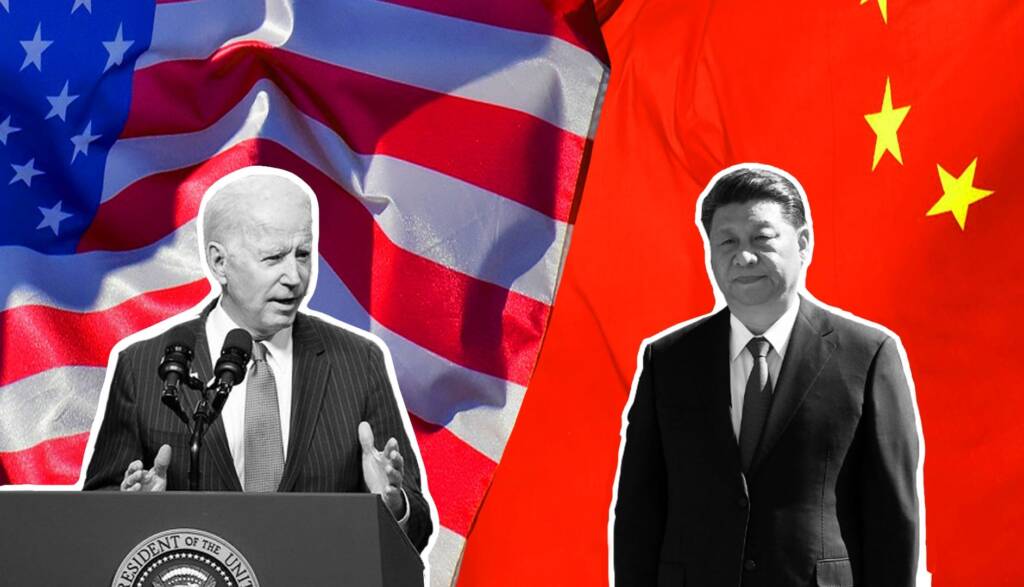U.S. President Joe Biden took a significant step on Wednesday by signing an executive order aimed at enhancing defenses against cyberattacks on the country’s ports. The move comes in response to concerns raised by officials regarding the potential threat posed by Chinese hackers. The executive order addresses the pressing issue of “persistent and increasingly sophisticated malicious cyber campaigns” faced by the United States.
Specifically, the order makes amendments to existing regulations related to the protection of vessels, harbors, ports, and waterfront facilities. The focus is on strengthening the security measures in these crucial areas, recognizing the evolving nature of cyber threats. One notable concern highlighted by officials is the remote-control capability of Chinese-made shipping cranes, which adds a layer of vulnerability to port infrastructure.
Join us on Telegram: https://t.me/tfiglobal
Anne Neuberger, the deputy national security adviser for cyber and emerging technology, briefed reporters on Tuesday about the executive order, emphasizing the need for port facility operators to enhance their cyberdefenses.
“A cyberattack can cause just as much, if not more, damage than a storm or another physical threat,” she said.
Given that U.S. ports contribute to $5.4 trillion in economic activity annually, there is a critical imperative to bolster cyberdefenses, Neuberger stressed. The executive order mandates that port operators promptly report any cyber incident.
“Evidence of sabotage, subversive activity, or an actual or threatened cyber incident involving or endangering any vessel, harbor, port, or waterfront facility, including any data, information, network, program, system, or other digital infrastructure thereon or therein, shall be reported immediately” to authorities including the Cybersecurity and Infrastructure Security Agency, the order reads.
Rear Adm. John Vann from the U.S. Coast Guard’s cyber command raised a notable concern, revealing that nearly 80% of cranes utilized in American ports are manufactured in China. Vann expressed apprehension about the potential risk of Chinese entities having the ability to control or program these cranes remotely.
In response to this concern, the directive of Joe Biden introduces several cybersecurity requirements specifically targeting owners and operators of cranes originating from China, as outlined by Vann. However, the admiral refrained from providing detailed information, citing the sensitive security nature of the matter.
Read More: Is the US pushing China out of the Internet?
Beyond affecting U.S. military operations, ports play a crucial role in the transportation of essential goods, including food, fuel, and other daily necessities for ordinary Americans.
In May of last year, the House of Representatives select committee on China issued a report advocating for the enhancement of cyberdefense capabilities at seaports and airports in the United States, with a specific focus on potential crises involving Taiwan.
Hackers from China’s People’s Liberation Army “could target naval and aerial ports of embarkation to slow down our ability to send American forces to the theater, as well as shut down much of our nation’s economic activity,” the report reads.
Hence, the executive order addressing cyber threats to U.S. ports, signed by President Joe Biden marks a critical and timely response to the growing concerns about cyberattacks, particularly those originating from Chinese hackers.
